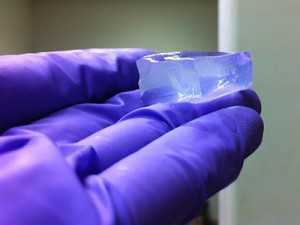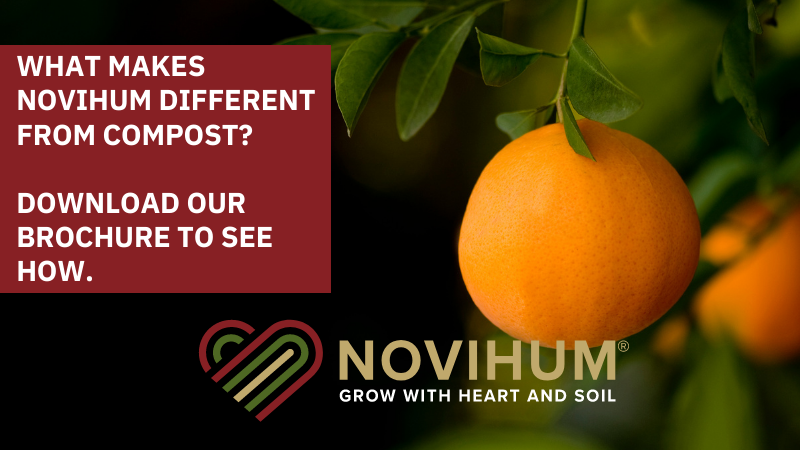Super-Absorbent Gel Could Help Farmers Save Water

(Photo credit: Washington State University)
A biodegradable gel that can absorb more than 250 times its weight in water could potentially help farmers retain moisture in drought-stricken fields.
Developed by Washington State University researchers led by Jinwen Zhang, the gel is similar to that used in absorbent diapers. But the hydrogel pellets are made from biodegradable agricultural material, rather than a petroleum product.
Patent Pending
Zhang has applied for a patent. He is working with mOasis, Inc., a California-based company that produces other agricultural hydrogels, to begin testing the product in fields.
Similar hydrogels, mostly petroleum-based, are in demand in a number of industries for applications such as hygienic products, soil treatment, and biomedicine.
Companies have studied hydrogel potential for helping drought-affected farmers for several decades. Hydrogel pellets could help soil better retain moisture or could deliver liquid pesticides and herbicides for controlled application.
Sustainable Alternative to Petroleum
However, because they are petroleum-based, current hydrogels could also create a contamination concern.
“Farmers are very cautious,” Zhang said.
While a few biologically based gel materials are available, they are generally used in higher value food and biomedical applications. They are also more expensive and less durable than synthetic gels.
Zhang’s product, which is made mostly of soy protein, is a cross-linked polymer, or a polymer with a molecular chain loosely linked in three dimensions. The ions and other water-absorbing parts in the polymer attract water and grow in weight by up to 250 times.
“It’s impressive,” Zhang said. “That’s a lot.”
Nitrogen Enhances Plant Growth
Because the gel is bio-based, it has less environmental impact and would be more sustainable in the long term, he said. No residue would be left in the soil when the gel degrades. And the soy protein could actually be a source of nitrogen that could help plants grow.
A soy-based product would also lessen dependence on foreign oil imports. The U.S. produces about half of the world supply of soybeans, Zhang said.
The work was supported by the United Soybean Board, a USDA-affiliated program that conducts research and market development related to soybean farming.
Source: Washington State University news release










